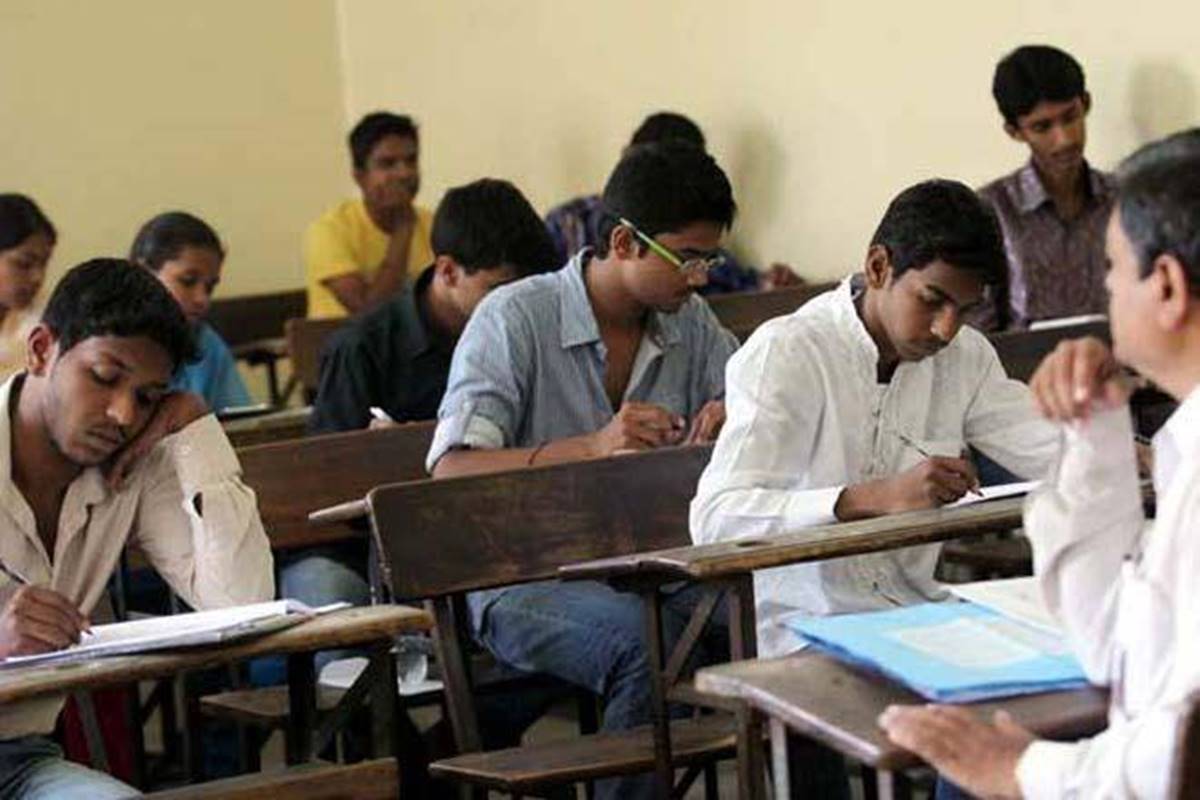This article briefly describes the importance of studying the upsc previous year papers and current affairs. It also covers the best available resources that aspiring candidates can use while preparing for the Union Public Service Commission (UPSC) Civil Services examination.
While candidates can have different strategies when preparing for the civil service examination, the most important cog in the wheel of preparation strategy is, extensive study of the upsc previous year papers of all the 9 papers in the civil services mains examination and the two papers in the preliminary stage of the civil services examination. Solving the upsc previous year papers will help candidates to understand the type of questions that are asked in the examination, the depth of the topics covered in the questions, thereby helping candidates be better prepared for the topics covered in the examination. It is important to understand the boundaries of the topics covered in the examination because the time for preparation is limited. The information that can be gathered or covered is infinite, hence candidates should understand the nature of the questions to better prepare for the examination. Solving the IAS mains previous year papers will help you to acquire skills to represent the answers in a better way and also help you to learn the art of time spent on each answer. Solving the UPSC questions for Prelims paper will make you acquainted with the MCQ pattern of the prelims examination.
Aspiring candidates can refer to BYJU’S excellent coverage of current affairs. BYJU’S coverage of current affairs is divided into monthly, weekly and daily. Some of the Weekly coverage of current affairs by BYJU’S are Economic and Political Weekly (EPW), Economy This Week, Weekly Current Affairs Webinar, Current Affairs Quiz, International Relations This Week.
Some of the daily coverage of current affairs by BYJU’S are This Day in History, Topic of the Day, Sansad TV Perspective, All India Radio (AIR) Spotlight, Best of Press Information Bureau (PIB), Comprehensive News Analysis (CNA), and The Hindu Video Analysis. Candidates should remain updated on current affairs that create headlines nationally as well as internationally.
The probability of encountering unexpected questions from current affairs in the traditionally static portions of the syllabus is quite high. Current Affairs is very extensive, the topics that need to be covered are humongous. There are too many resources in the market. This can create lots of confusion in the minds of the candidates preparing for the Civil Service examination. The aspiring candidates will end up referring to many resources and candidates can end up getting confused, thereby resulting in loss of precious time. Hence, to avoid such things, aspiring candidates must find the best resources and develop their knowledge based on such resources. Some of the best resources that candidates can refer to are Rajya Sabha TV (currently Sansad TV), The Hindu Newspaper, Economic and Political Weekly, Science Reporter, Yojana magazine, and Kurukshetra magazine. The current affairs span subjects like history, geography, economy, environment and ecology, polity, science and technology etc. To help understand the importance of weightage given for the current affairs in the UPSC Prelims examination, in the General Studies Paper – I, over the last 5 years, the minimum number of current affairs questions asked were around 15 questions, and the maximum number of questions asked related to current affairs was 27 questions.
An example of a good preparation strategy while preparing for current affairs is, for example, when bills are passed in the Parliament of India, understand the origin of the bill, the purpose of the bill, the impact of the bill on various stakeholders, the criticisms of the bill, the amendments of the bill, etc. Another example would be, while studying the current crisis in Afghanistan, understand the problem, understand the impact of the problems, try to understand the counter measures or actions that India can take to protect its interests in Afghanistan, the various developmental activities taken in Afghanistan by India, etc.






